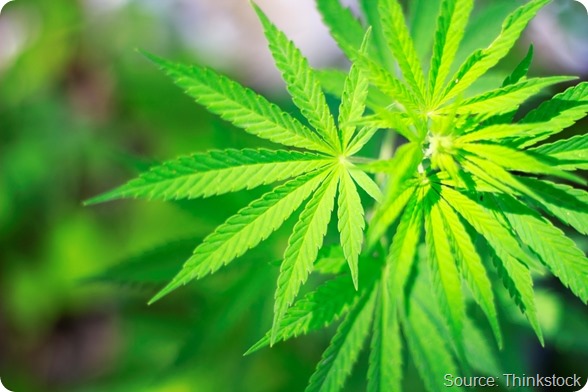Experts say that vigorous investigations are needed to determine whether or not the medical use of marijuana would be of benefit to patients with epilepsy.

A series of articles published in Epilepsia highlights that there is still a lack of substantial evidence to prove or disprove the clinical benefit of marijuana in the treatment of epilepsy and other neurological conditions.
“As medical professionals, it is important that we further the evidence of whether CBD [pure cannabidiol] in cannabis is an effective antiepileptic therapy,” says Dr Edward Maa, Chief of the Comprehensive Epilepsy Program at Denver Health in Colorado.
Dr Maa is also lead author of a case study in the series, which reports on a child with a severe form of epilepsy called Dravet syndrome. The child was given a strain of cannabis rich in CBD and tetrahydrocannabinol (THC) as an adjunct to their antiepileptic treatment. Also known of as Charlotte’s Web, the substance reduced the child’s seizure rate from 50 convulsions per day to 2 to 3 night-time seizures per month.
Another article reviewed current evidence regarding the use of cannabis in epilepsy as well as other neurological and psychiatric conditions such as anxiety and schizophrenia. That article showed that while both THC and CBD had anticonvulsive effects in animal models, the research was focused on acute epilepsy, with little data available regarding the effects on chronic epilepsy, the long-term form of the condition.
Some recent studies also claimed that cannabis with a high ratio of CBD (the non-psychoactive ingredient in cannabis) to THC (the primary psychoactive ingredient) was more effective at controlling seizures. However, again, data was unreliable and also poorly controlled for.
“Data from double-blind randomized, controlled trails of CBD or THC in epilepsy is lacking,” says Dr Orrin Devinsky, director of the Comprehensive Epilepsy Center at NYU Langone Medical Center in New York.
Agreeing with Devinsky is research director Dr Maria Roberta Clio who says there is a critical need for new therapies, but that “rigorous investigation of the safety and efficacy of medical marijuana or individual components such as CBD are necessary for patients with epilepsy before any conclusion is made.”